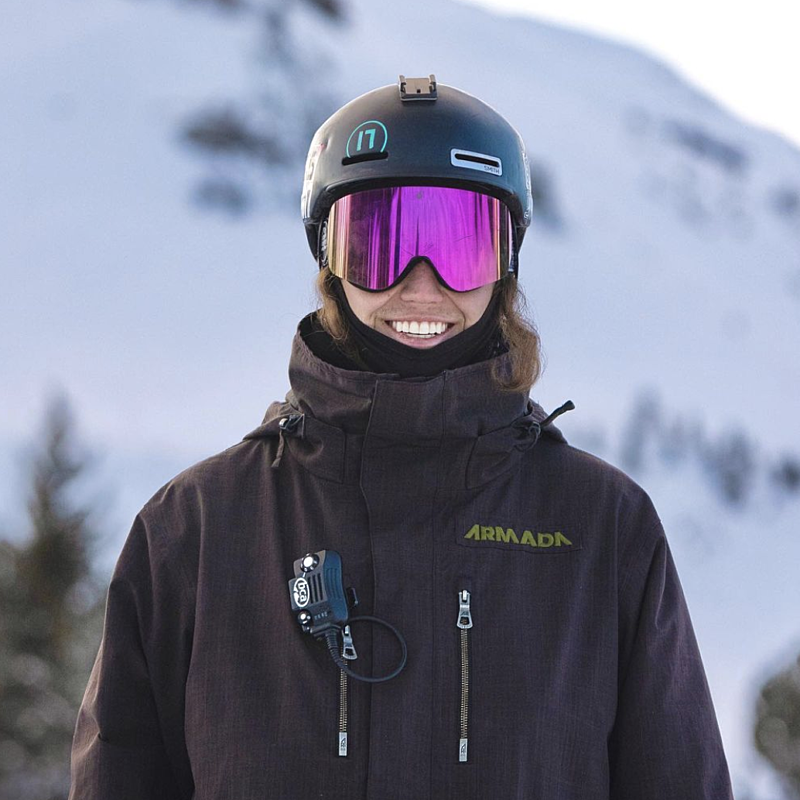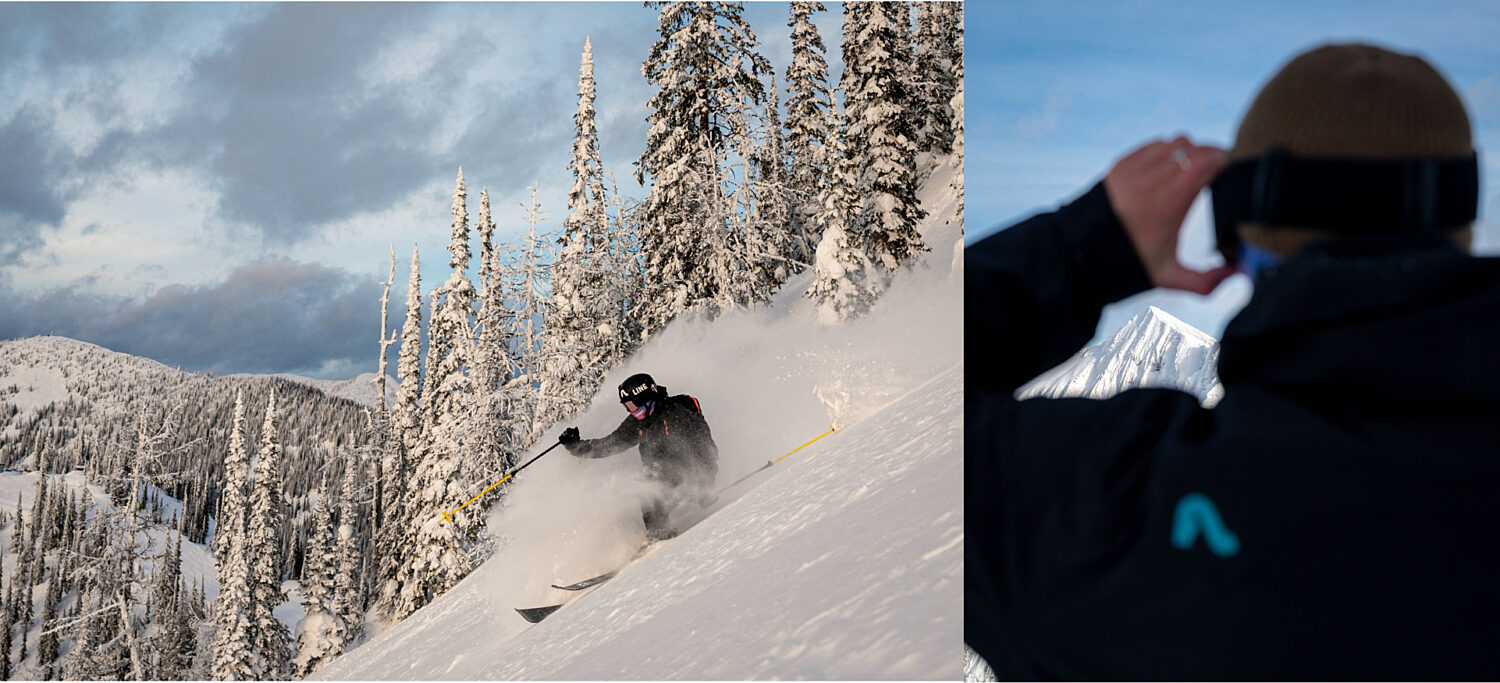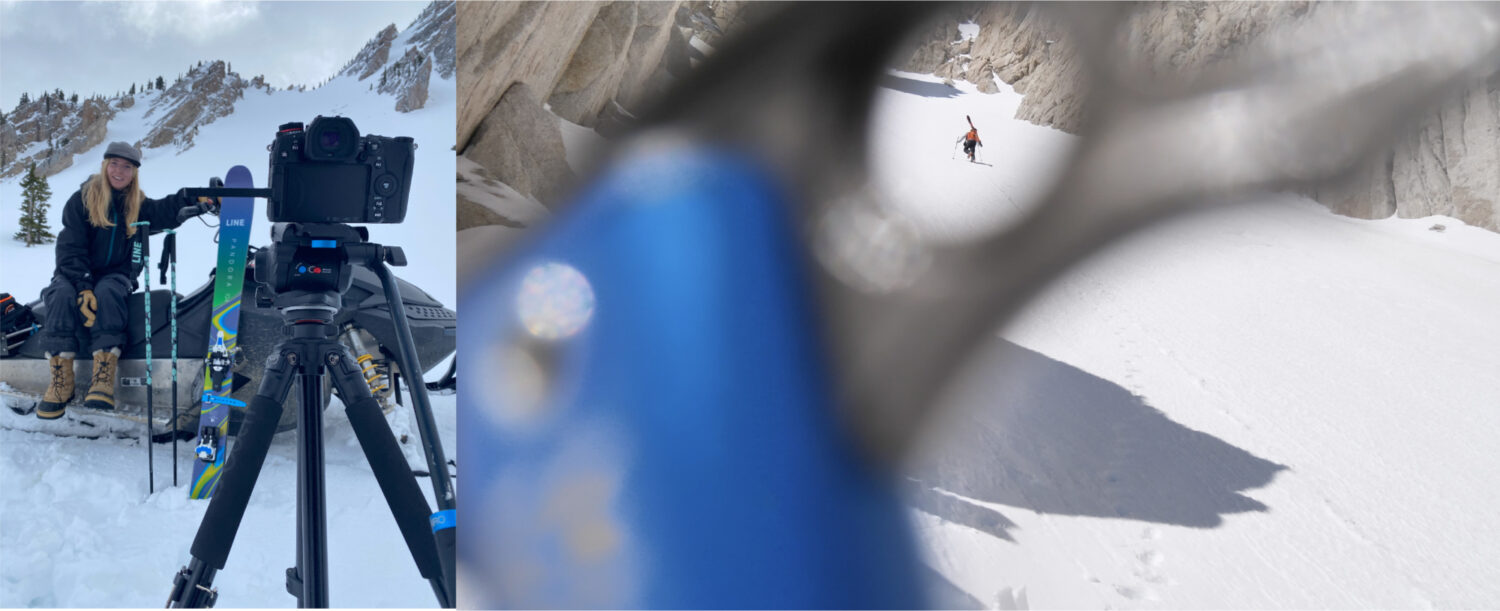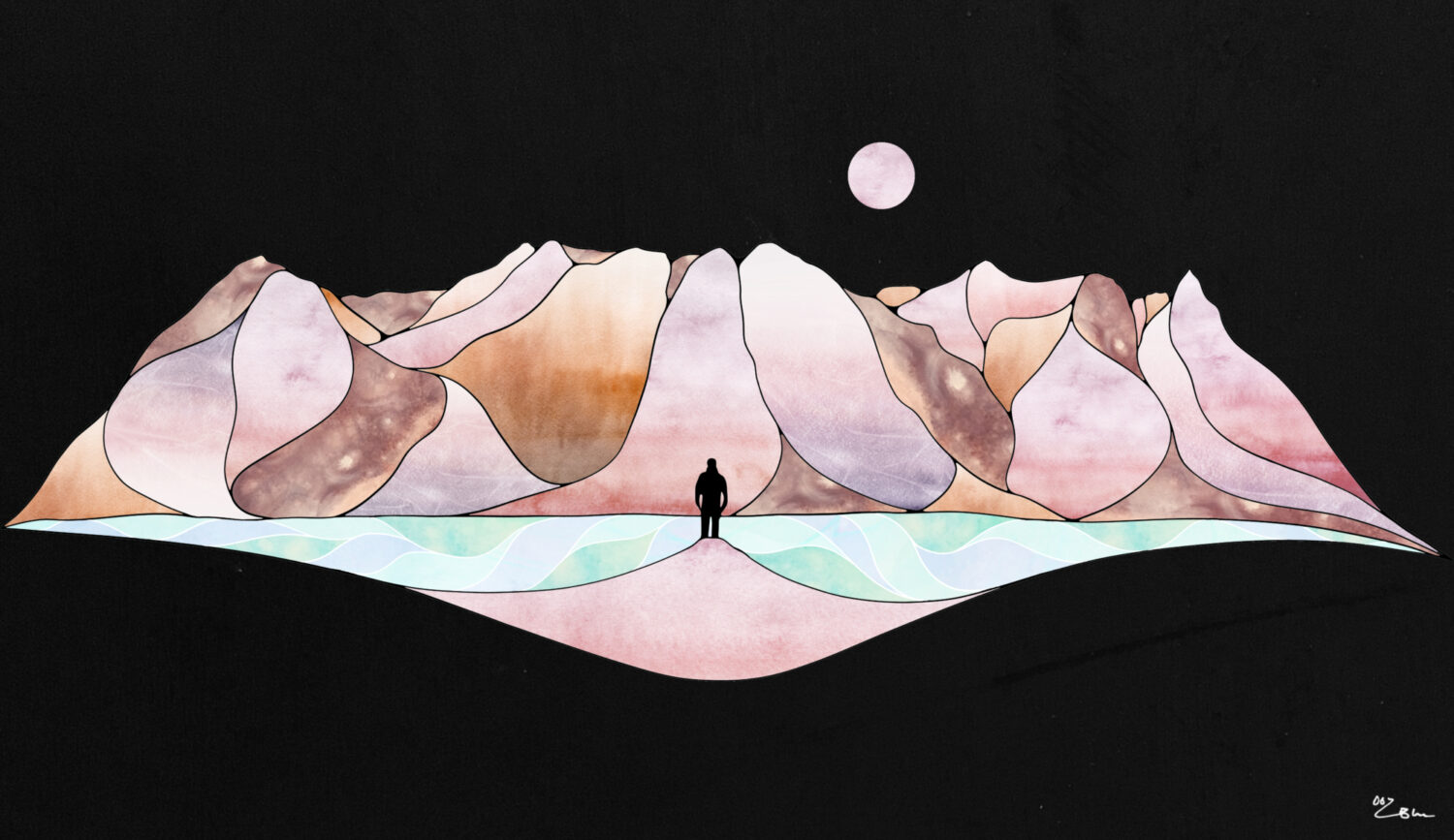My brother Jack was fifteen years old when he killed himself. He was a vibrant, athletic, intelligent, and, chiefly, empathetic fifteen-year-old boy. His life was centered around others and service to those who struggled with feeling alone in the world. He prided himself on being a shoulder to cry on, a listening ear at all hours of the night, and a welcoming face to friends, family, and classmates alike. His ability to understand and care for others was complimented by a fierce love for lacrosse, fishing, mountain biking, and adventure. His tenacious spirit became especially apparent when he was playing lacrosse as a goalie; his teammates, coaches, and fellow competitors marveled at his ability to not only make incredible saves, but to also fearlessly sprint up the field and score goals himself. It was inspiring to watch.
Unfortunately, Jack spent so much time and energy loving others that he had zero energy remaining to love himself. Nothing speaks more strongly to the effect that Jack had on others than what his extended network of friends and family have accomplished in his honor since he left us. We formed a group, JackStrong17, comprised of high schoolers, college kids, lawmakers, journalists, activists, artists, athletes, and scientific researchers with a singular, overarching goal: to destigmatize talking about teenage suicide. Our collective efforts have led to everything from public service announcements gone viral and school walkouts to state level legislation, medical breakthroughs on the topic, countless news stories, and now, a ski film.





 MORE FROM BOMB SNOW
MORE FROM BOMB SNOW




